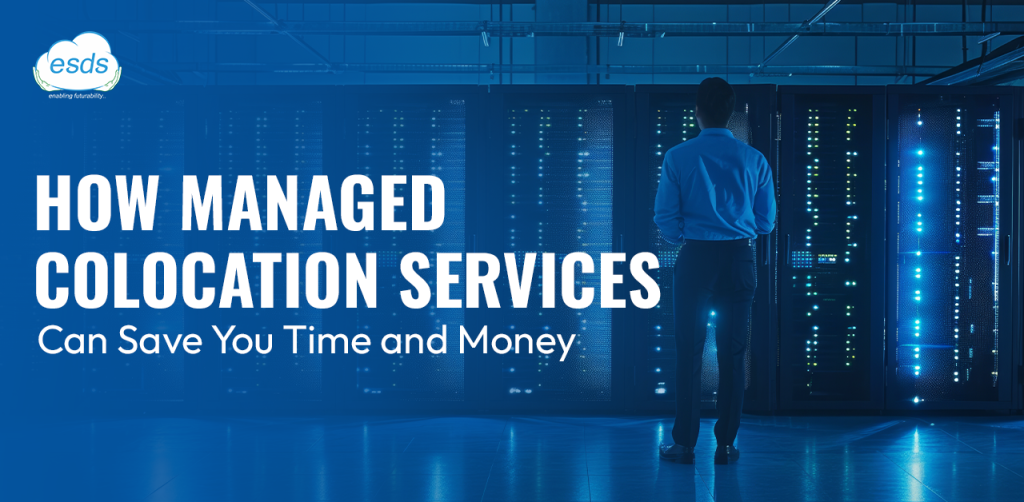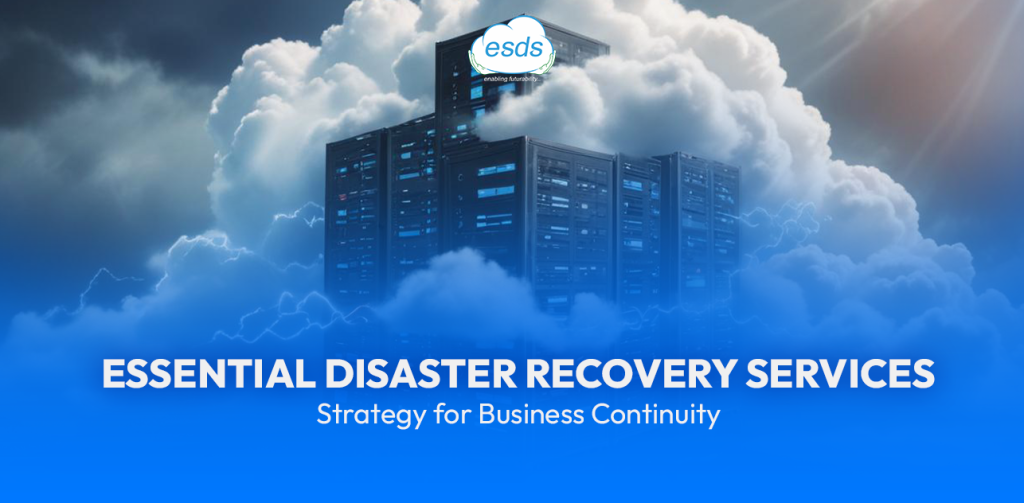Let us help you understand how to manage colocation services while choosing your provider.
The key difference between traditional and managed colocation services is that in traditional colocation, the customer or client is responsible for managing and maintaining their servers and infrastructure, whereas managed colocation services themselves manage and maintain the infrastructure and also troubleshoot the issues to expand the business.
In this case, the provider only offers space, power, and connectivity facilities where IT equipment can be hosted. Indeed, a customer is responsible for managing his equipment in matters like installing, maintaining, and repairing servers and other hardware.
Managed colocation providers will take more responsibility for the IT infrastructure: it may include services such as installing and configuring servers, maintaining hardware, and updating software. Besides the above, services are also available from colocation providers through monitoring for security and disaster recovery efforts and round-the-clock technical support.
Key Benefits of Managed Colocation Services
1. Improved Efficiency
Harnessing managed colocation services will automatically lead to more business efficiency. As an example, the worldwide data center colocation market is one of the fastest-growing markets in computing. In 2017, this market was valued at 31.5 billion US dollars; by 2022, it had grown to 62.3 billion US dollars, marked with a CAGR of 14.6%. Now, people want IT solutions that will not hold them back from growing as they scale the heights of efficiency. The data center provider takes care of hardware management by maintaining peak performance and efficiently addressing any issues that may arise. It also alleviates the pressure on internal IT personnel and enables them to focus on strategic projects instead of routine maintenance duties
2. Scalability
Flexible IT infrastructure at any time according to the business needs is the best feature in Managed colocation. Provider offers services from basic server hosting to fully managed IT services that companies can scale as needed. This helps the customer to use the facilities without capital investments in building out their own data center, resulting in maximum flexibility and savings. Uptime Institute conducted a poll and found out that close to 40% of the data centers want to expand their capacity in the coming year. This flexibility serves well for businesses with predicted growth or with fluctuating workloads.
3. Cost-Effective
Managing colocation saves cost – one of the most significant advantages of managed colocation is that it helps businesses save a vast amount of capital and operational costs by sharing infrastructure and operational costs with its tenants in the data center. International Data Corporation (IDC): data by IDC represents that the use of managed colocation can save up to 25–30% of the money that is spent on Operational costs.
4. Better Security and Compliance
Businesses are concerned with ensuring that their data is safe enough to protect. Managed colocation helps to mitigate the risk of data breaches and cyber threats which offers robust security measures, including network security, physical security, and processes. Managed services are expected to be taking care of 60% of businesses’ critical IT infrastructure by 2025 due to security issues. Besides, many vendors also work under regulations and industry standards, providing a sense of compliance to enterprises.
5. Reliability and Uptime
Data center operators provide high uptime and reliability to advanced disaster recovery and redundancy provided by the data center operators for managed colocation services. The Uptime Institute 2021 Annual Data Center Survey found that businesses lose more than $260,000 on average for every hour that their data center is down.
Why Choose Managed Colocation Services?
Businesses desiring to derive the most benefits from their IT infrastructure without being bothered to manage it themselves can consider managed colocation services. The following are some reasons why most firms are using managed colocation:
- Expertise
Businesses desiring to derive the most from their IT infrastructure without being bothered to manage it themselves can consider managed colocation services. The following are some reasons why most companies are using managed colocation.
- Focus on Core Business
By outsourcing IT infrastructure services, it helps companies to free up with their core capabilities and strategic objectives thus reducing from the technical burden of managing the business. This focus helps companies streamline their operations and enhance production. With all this, at the end of the day, outsourcing IT infrastructure services results in cost savings and improved performance. Companies that embrace this new model can be better placed to keep up with the speed at which changes are taking place in the business world.
- Access to Advanced Technology
Infrastructure investment in advanced technology not only enhances the organizational output but also improves efficiency.
- Disaster Recovery
Managed colocation services come with comprehensive and robust disaster recovery solutions that allow businesses to recover quickly from an unexpected event and resume work.
ESDS Managed Colocation Services
ESDS data centers are outfitted with cutting-edge security features, such as biometric access, monitoring systems, and modern fire suppression equipment. Companies may use ESDS colocation solutions to protect their vital data assets if they have a robust digital security policy in place and are physically secure.
Conclusion
While the needs of a colocation provider may appear to be necessary: access to high-quality data center space power carrier diversity and high availability bandwidth with redundant networks; and more predictable costs, working with a dependable provider that offers higher levels of availability and makes continuous investments in its infrastructure will result in significant cost savings.
Working with a dependable supplier who provides better availability levels and makes ongoing infrastructure improvements will result in significant cost savings.




